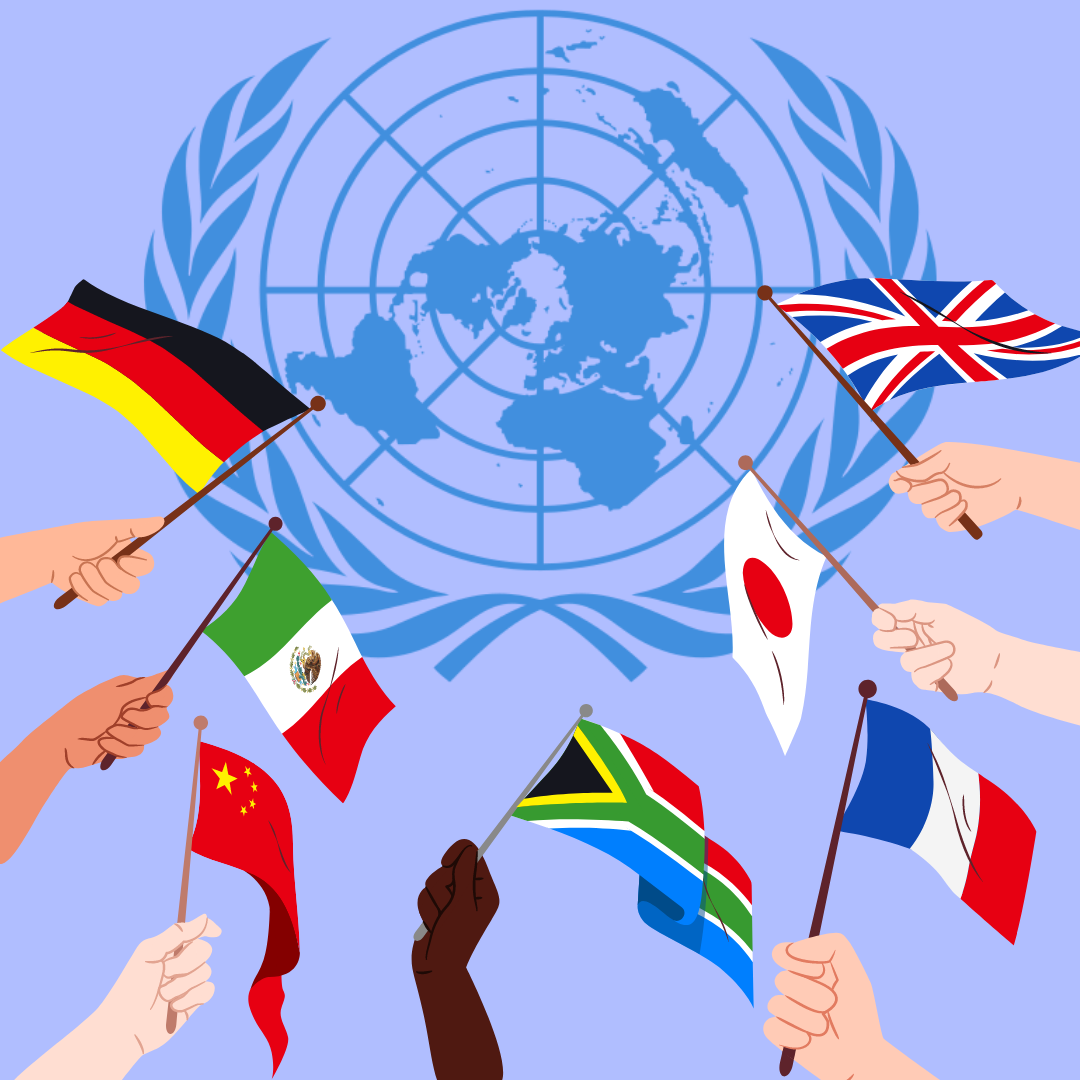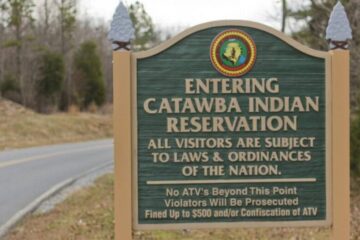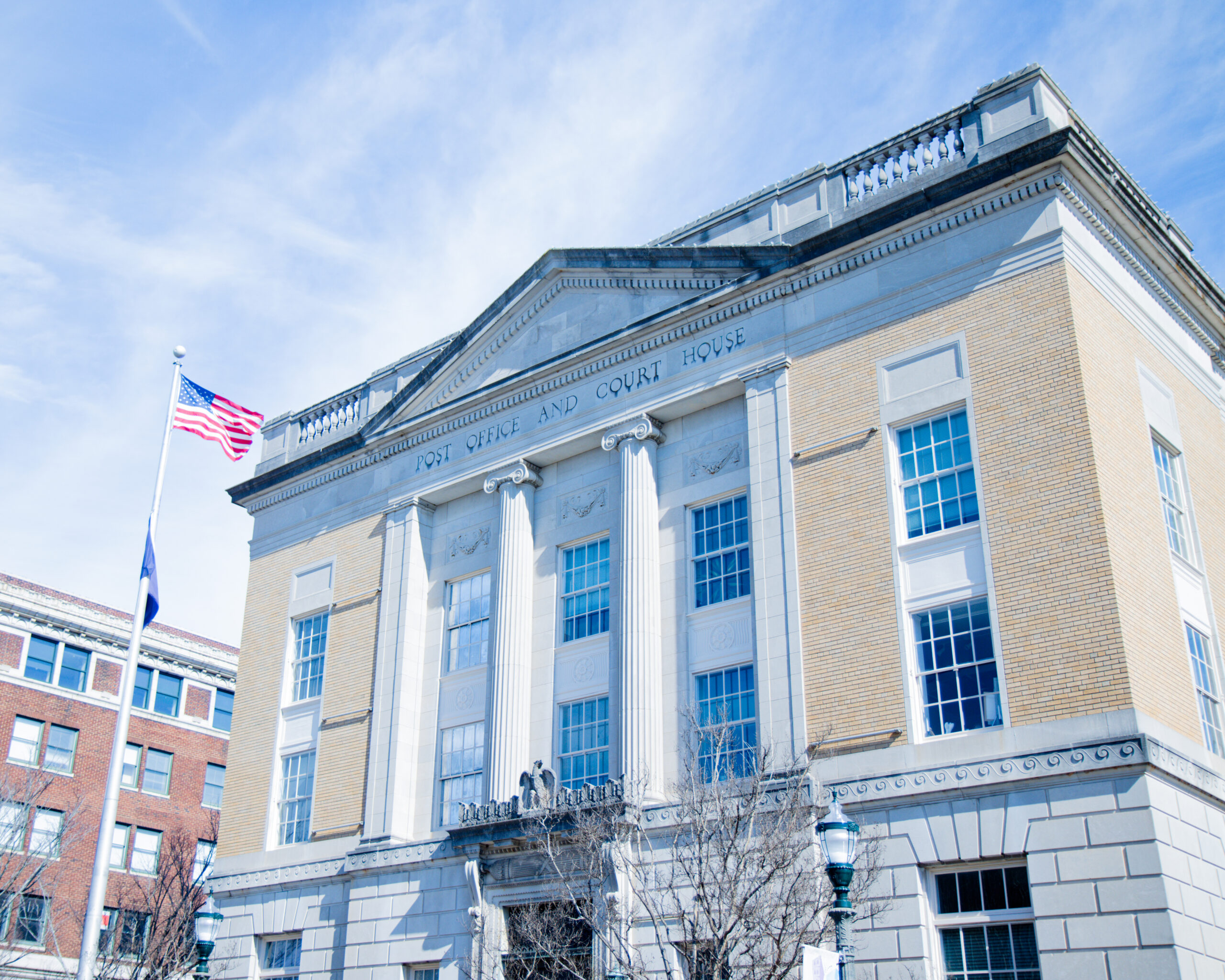The Winthrop University Model United Nations program continues to give students the opportunity to hone their communication, problem-solving, collaboration and leadership skills, all while faring with COVID-19.
Model UN is a program that provides students with opportunities to learn about international affairs with an emphasis on public speaking and debating. The WUMUN program was the first in the country to involve high school students.
“The idea is that first, the college students debate in front of the high school students and show them what is done, what can be done, and now the college students become advisors for the high school students when they are debating. So they become mentors and teachers and leaders,” said Dr. Christopher Van Aller, faculty advisor of the program. “There is a lot of leadership peer teaching kind of stuff going on. So we’ve found it to be a very successful way to do Model UN.”
Winthrop’s Model UN program will participate in an event called the Southern Regional Model United Nations Atlanta and will host the annual WUMUN Conference in a hybrid virtual format this year.
“We just have a little one hour course to prepare them for the fall experiences which is called 362 and so we don’t have a whole lot of time to prepare compared to a big giant university,” Van Aller said. “This year we’re just going to do the best
we can because it is all online and it’s definitely a weirder experience being all online.”
Winthrop’s Model UN program won the Distinguished Delegation Award at SRMUN last year.
“I think Model UN is about learning some really good skills but also in a fun way,” Van Aller said. “The first skill, of course, is public speaking and public speaking is really scary for a lot of people—because you’re kind of pretending to be someone else, it’s a little easier than a formal speech.”
“Another thing is, it is a fun way to learn about the world,” Van Aller said. “People may not know this but, South Carolina has more international companies based in other countries than any other state in America.”
“And then the third thing is, particularly in our conferences, we have leadership and team-building skills with the college delegates working with high school delegates and helping them and also kind of being an example,” Van Aller said.
Lauren Hill, a Winthrop graduate student pursuing a Master of Arts in Teaching, is a second year Secretary General of WUMUN.
“I joined the program as a sophomore to fulfill degree requirements, but I gained much more from the experience than a few credits,” Hill said. “I am going into teaching and I firmly believe that my experience in the program has given me the confidence and public-speaking skills necessary to be effective in front of the classroom. I wouldn’t trade my time in MUN for the world.”
While the program has a multitude of benefits for students individually, it also has growth opportunities.
“[Students] go through kind of like the ladder of Model UN,” Van Aller said. “They start out with the spring-time class and do our Model UN as delegates. Then, most students if they are really interested in Model UN, they continue with 362, which is the fall traveling conference class which is just one hour.
“Then also in the following spring, they can take 261 which teaches them, here again in a one hour class, how to run committees and how to run a conference, in particular, our conference. And once they’ve done, usually all of those three things, then they can apply to be a paid administrator of our program.”
Kennedy Mayers, a business administration major and 2021 internal audit, served as a coordinator general for WUMUN.
“Over four years, I’ve had every possible role in the program,” Mayers said. “I’ve been a delegate during the Winthrop University Model UN conference in the spring and mentored high school delegates in the first MUN class: PLSC260. I’ve also been a delegate at intercollegiate conferences in the fall when we travel to conferences in Charlotte and Atlanta during PLSC 362. I acted as a committee chair during our WUMUN conference as well, leading the debates and guiding delegates from both colleges and high schools in PLSC261.”
COVID-19 has had a significant impact on WUMUN.
“Our conference that we host at Winthrop takes place in late March, so we had to flat out cancel it last year in the wake of COVID coming to the US,” Mayers said. “And since COVID obviously hasn’t gone anywhere, the conferences that we usually travel to in the fall…have switched to an online modality. So we’re participating in those online, which comes with its own challenges, but is still great preparation for the workforce with the prevalence of remote work nowadays.”
“Unfortunately, we had to cancel our conference that was scheduled in Spring 2020,” Hill said. “We have had to make adjustments in the way that we recruit for our conference in Spring 2021 and are currently exploring alternatives to in-person debate until we can be sure that there is a viable vaccine for COVID-19.”
After having to cancel last year’s annual conference, the WUMUN program plans to hold this year’s annual conference differently.
“In the spring, I’m thinking at this point, it’s going to be a blended conference so Winthrop students will still get to debate in person, face to face,” Van Aller said. “We could have the traditional Model UN Debate in Tillman, but what it may be more difficult to do is bring high school teams in from all over the state, sometimes two states, sometimes even three states … It’s going to be a blended conference at this point in time, that’s what we’re thinking that we’re going to do.”
Graphic by Anna Sharpe




